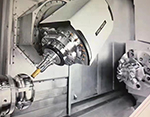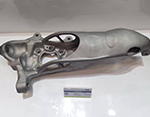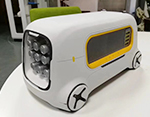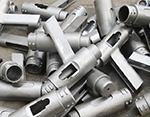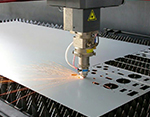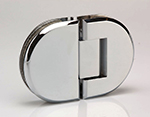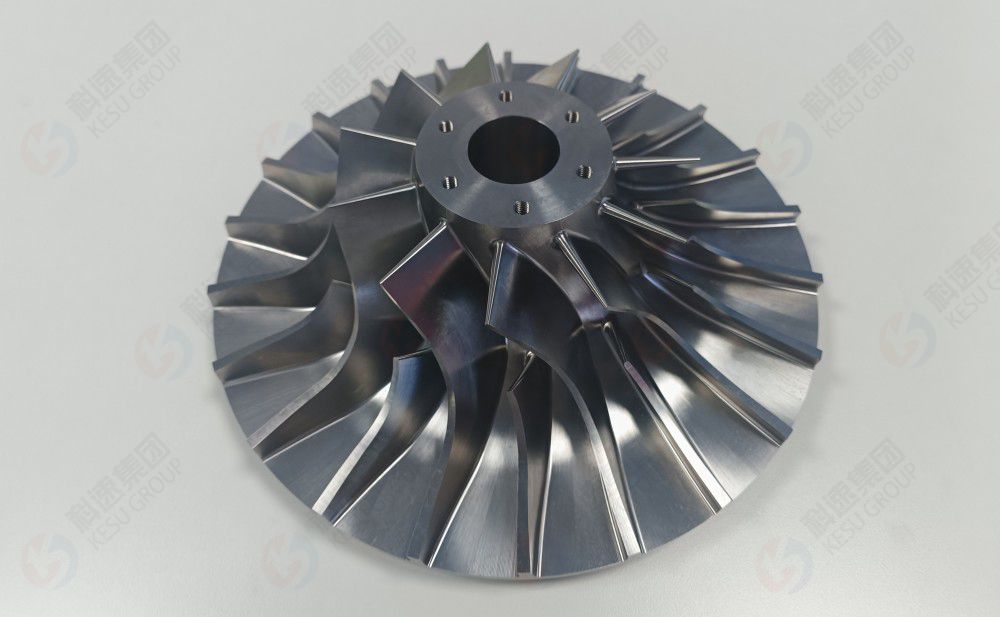-
Service
+
- CNC Precision Machining Service +
- Multi-Axis Simultaneous Machining Service +
- CNC Turning Service +
- Metal 3D Printing Service +
- Rapid Prototyping Service +
- Die Casting Service +
- Sheet Metal Fabrication Service +
-
Finish Serivces
+
- Polishing
- Grinding
- Brushed Finish
- Sand blasting
- Painting
- Powder Painting
- Anodizing
- Hard anodizing Service
- Passivation
- Zinc Plating
- Nickel Plating
- Chrome Plating
- Blackening
- Black Zinc Plating
- Teflon Coating
- Titanium Coating
- DLC Coating
- Laser Marking
- Silk Screen Printing
- Transfer Printing
- Micro Arc Oxidation
- Industries +
- About Us +
- Resource +
- Contact Us
- Quote

-
Service
-
>
-
>
-
>
-
>
-
>
-
>
-
>
-
>
-
- Industries
- About Us
- Resource
- Contact Us
Auto Parts Accessories
Position, angle control for Industrial robot, Automotive, Construction, Agricultural。Tamagawa Seiki, AC Servo Motor, Stepper Motor, Encoder...AUTOMOBILE PARTS AND ACCESSORIES SALES means a commercial establishment used for the purpose of retail and wholesale sales of equipment and parts used to repair, service or customize vehicles, but shall not include any installations or repairs.
The automotive industry has been the largest market for precision machined parts for decades. The automotive industry requires high quantities of parts and needs to maintain the tight tolerances that CNC machining offers.
In the past year, everyone has seen how supply chain delays impact the automotive industry. Kesu has worked with car manufacturers for 10+ years and supplied them with millions of precision machined parts and components. Learn more about how we’re using precision machining to keep up with the high demands and changing needs in the automotive industry.
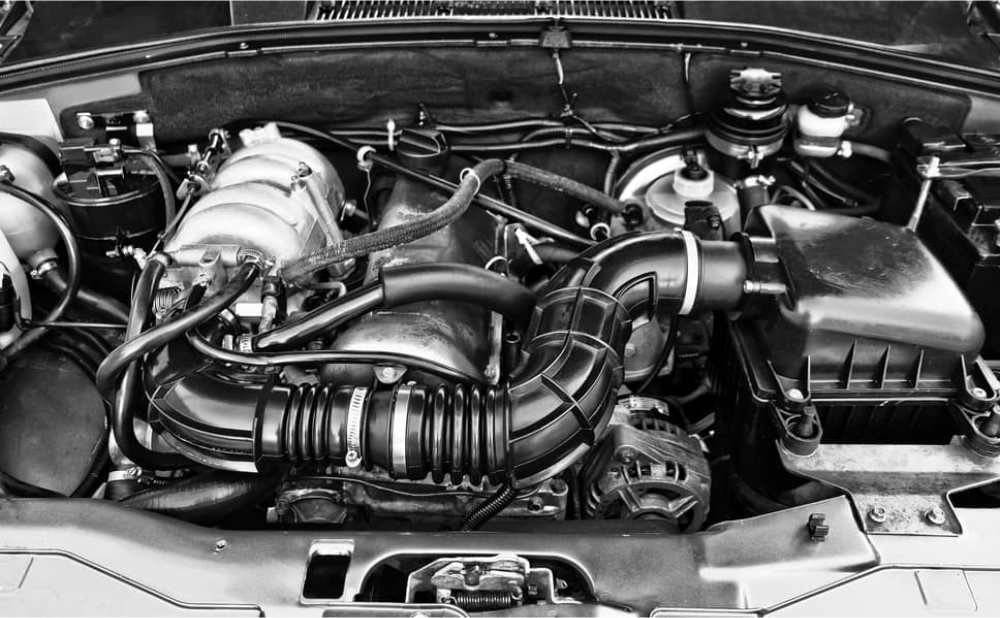
What machining processes are used in the automotive industry?
As we mentioned, the average car has 30,000 parts. Not all of those are machined. Some parts are stamped, molded, and cut. In the automotive industry, there’s always a balance between high-quality components and keeping costs low.
Various machining processes are used to get the right vehicle parts made at the highest efficiency and lowest cost.
Precision grinding
Precision grinding offers many benefits to the automotive industry. This process offers high precision, good efficiency, and can eliminate some secondary machining processes. Precision grinding is commonly used for parts with relatively small surfaces that require a high degree of flatness or parallelism
CNC machining
CNC machining car parts has increased in popularity in recent years. CNC machining offers benefits like speed, part customization, and repeatability.
After the initial setup process, CNC machines requires very little human interaction. It can run for hours and create complex parts very efficiently. CNC machining is ideal for car parts that have irregular shapes, multiple surface features, and different angles.
CNC turning
A CNC turning machine rotates the part against a fixed cutting tool. Because the cutting tool is fixed, turning is commonly used to machine cylindrical and symmetrical parts. This machining process is perfect for shafts, spacers, and rods.
The process has similar efficiency and precision as CNC machining, making it useful for rapid manufacturing.
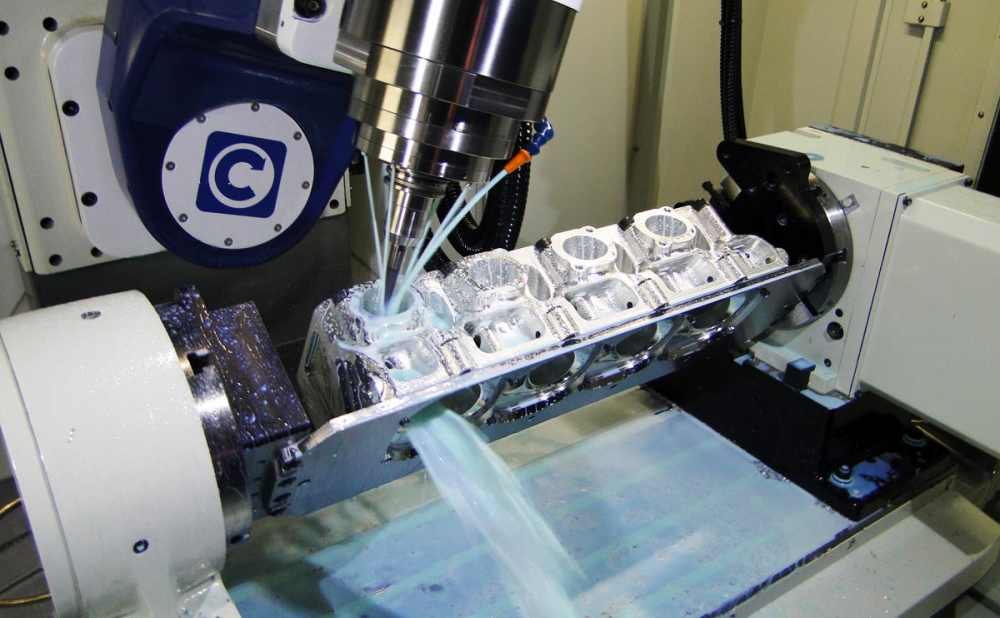
Swiss screw machining
Swiss machines are slightly different than CNC machines. These machines use multiple cutting tools that cut a specific part feature, and then rotate to form the feature on the next part.
Swiss screw machines are ideal for making large quantities of small parts. Despite their name, these machines aren’t typically used to make screws. They do make precision pins, spacers, connectors, and sleeves.
Broaching
Precision broaching is a machining process that uses a custom cutting tool called a broach.
A broach machine is typically used to cut gear teeth, machine sprockets, and make other transmission parts. The broaching tool is a custom cutting tool, and it’s expensive. This makes broaching ideal for larger quantities of parts and softer metals like aluminum and brass.
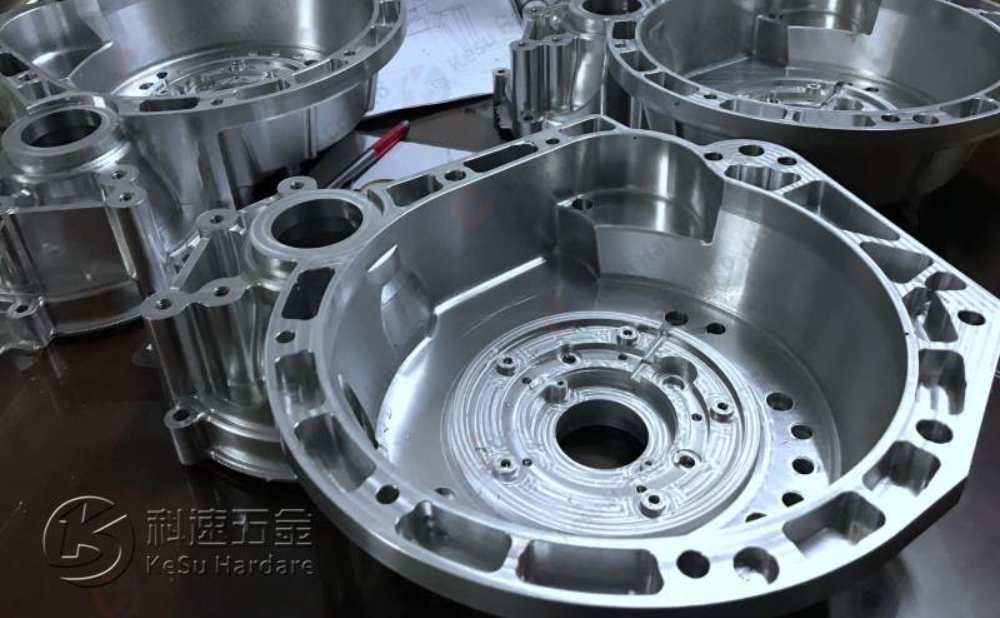
Types of automotive parts that are CNC machined
CNC machining car parts is definitely effective, but not every part is made that way.
CNC machining is ideal for smaller parts that require high precision manufacturing. Certain parts in vehicles need to be within a ±0.001″ tolerance to work properly mile after mile. CNC machining is used to make parts for the carburetor housings, fluid system components, suspension components, cylinder heads, and exhaust parts.
Sometimes CNC machining is used for prototyping parts because it can produce functional components, unlike a 3D printer. But, it’s more commonly used for mass production.
At Kesu, we use various machining processes to make different automotive parts. Here are some common parts that we manufacture:
Fittings and adapters
Precision screws, nuts, and bolts
Stems
Precision pins
Precision spacers
Valve retainers
Pistons
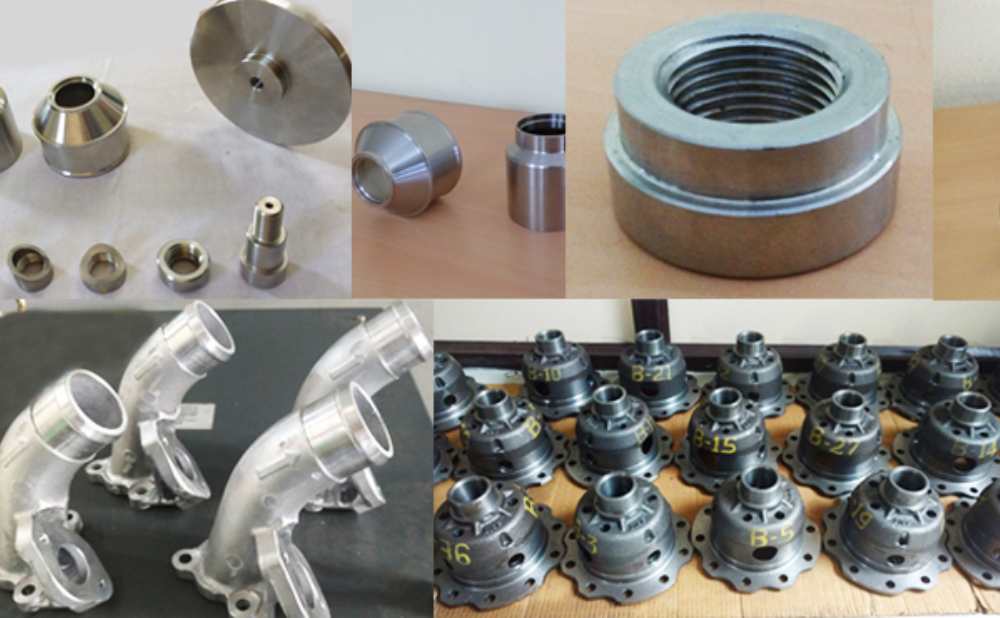
What materials are used?
The automotive industry mostly relies on steel alloys and aluminum. On average, a vehicle is about 65% steel, and has close to 2,000 pounds of steel parts. Many of those steel parts are manufactured with CNC machines. Steel is used for automotive components because of its durability and lower cost. To avoid rust and corrosion, secondary processes like heat treating, plating are used on steel parts.
Aluminum parts are used when the parts don’t need to be as durable because aluminum is much lighter and easier to machine than steel. It also has a higher strength to weight ration, so the vehicle weight can be reduced without sacrificing much strength. Aluminum is more expensive than steel, so it’s used more in more expensive cars. The less expensive machining makes up for some of the cost differences.
Titanium is lightweight, strong, and has better corrosion resistance. It’s significantly more expensive, but titanium parts can last longer, so you’ll find more titanium parts in more luxurious cars.
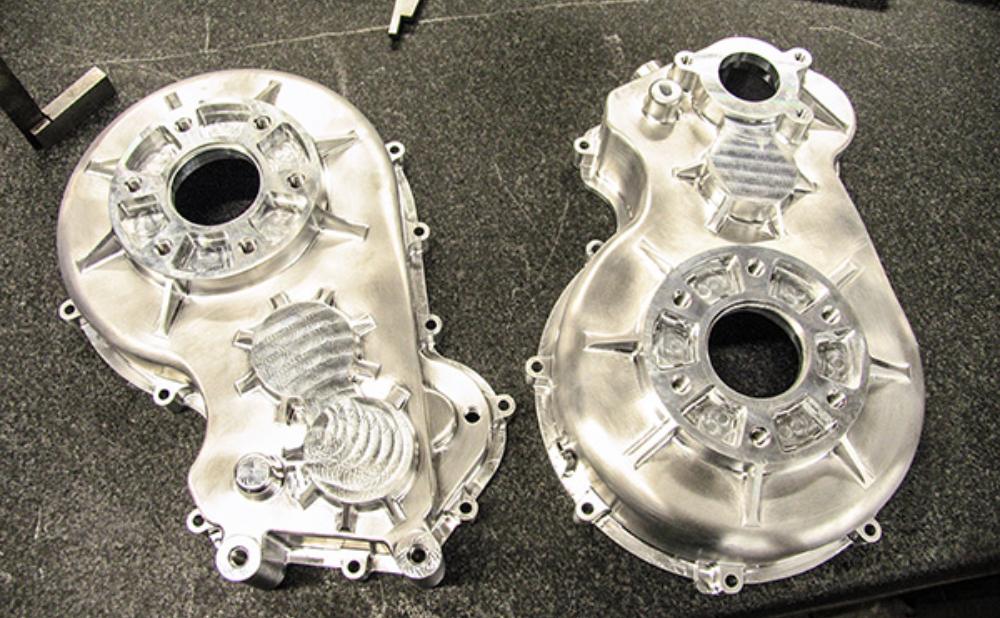
How we can help
Kesu is a leading precision component manufacturer. and produce millions of parts every month. Producing high-quality, Made in the China parts is our top priority.
We provide various automotive machining services, and additional services including sub-assembly, plating, finishing, and heat treating parts. We also have experience optimizing manufacturing supply chains, which has been a significant issue for automotive manufacturing over the past two years.
Kesu uses traditional machining processes and modern manufacturing technology to meet the needs of the automotive industry. We are an ISO 9001 certified manufacturer, which means we are committed to providing the highest quality control and great customer experience from start to finish.
If you’re looking for an automotive CNC machining partner, we’re confident that we can help.
For more information and consultation, contact us here!
WhatsAPP:+86 13414139830
Phone: +86 13414139830
E-mail: Sia@kesugroup.com

